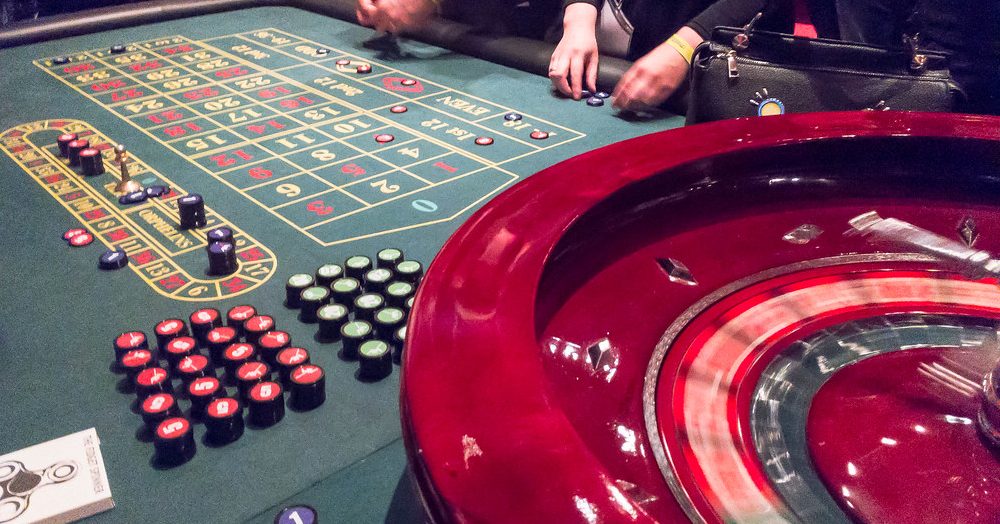Are you a gambling trader or a professional trader? If you've just started practicing trading, you should ask yourself this question. First of all, because the gambling trader is destined to "end badly", and therefore to lose all his capital. Secondly, because at least at the beginning it is difficult to realize that you are behaving like a gambler, rather than as a proper investor, albeit speculative.
It is therefore useful to review the characteristics of the gambling trader, even the less obvious and less visible ones, so that you too can recognize the possible presence of warning signs and avoid a very dangerous drift.
The characteristics of the gambling trader
The expression "gambling trader" says it all, or almost. In a nutshell, it is a trader who practices speculative investment as if he were gambling. Now, the collective imagination often associates trading with gambling, but this is a connection that has no reason to exist, based on absurd prejudices and that causes misunderstandings even to those who profess the best intentions. The truth is that understanding the market as if it were the table of a casino is the shortest way to lose all your money.
How do you recognize a gambling trader, at least compared to his "noble" and opposite counterpart, the professional trader?
Here are its main characteristics.
- Mistakes recklessness for confidence. The gambling trader is generally reckless, invests large sums of money without considering the risks, without adopting specific damage containment strategies. In short, he acts recklessly. He is aware that his attitude is borderline, but he convinces himself that his is not recklessness, but self-confidence.
- His motivations are similar to those of the gambler. A trader invests to seek profit. A gambling trader invests also and above all to satisfy his emotionality, his sense of revenge, to support his self-esteem. In plain words, he reproduces the patterns of those who suffer from gambling addiction.
- Relies on techniques that have no reason to exist. Just like a hardened gambler, or even a gambler, relies on techniques and "tricks" that according to him allow him to predict what will happen shortly in the market. These techniques have no reason to exist. First of all because they have no scientific or statistical basis. Secondly because one of the biggest and most unpleasant truths of trading is that... The market cannot be predicted.
- Ignores important disciplines such as Money Management and Risk Management. Conversely, the gambling trader disdains all those techniques that would allow him to manage risk and contain losses, even if the worst-case scenario were to come true. After all, they are quite difficult to manage, and the gambling trader always looks for shortcuts.
How to avoid the drift of gambling
Some signals are concrete, therefore it is possible to identify them more or less immediately. For example, it is relatively easy to do a little soul-searching and find that little importance is being placed on Money Management and Risk Management.
On the other hand, it is much more complicated to recognize the purely psychological signals, such as the tendency to behave recklessly in an attempt to profess confidence. Even more difficult is to recognize, in one's behavior, the dynamics of the gambling individual. Luckily, not all gambling traders have gambling traits, also because they are the ones seriously able to mark a point of no return.
In any case, the advice is to dedicate time to self-analysis, and to do so with a certain regularity, regardless of the performance of one's trading activity. If this, then, is not bearing the desired fruits, and indeed is compromised by substantial and frequent losses, it is good to stop for a moment to reflect, retrace one's moves, review actions and motivations. For this reason, experts advise, right from the start, to keep a diary: it certainly comes in handy when you have to proceed with self-analysis.
The pillars of the professional trader
The aim is to suppress from the first stirrings the gambling trader that is in you, or to change course in case you have already taken the "wrong path".
In short, you should aim to become a professional trader, if you have not already become one or if your trajectory seems to take you far from this goal.
The professional trader, or at least the one who "knows what he's doing", can be recognized by some characteristics.
First of all, he tries to have a scientific-statistical approach. That is, he operates by means of tools capable of analyzing the market, and his actions are the result of this evidence. This does not mean that he suppresses the emotional sphere, also because it would be impossible. Rather, he tries not to be conditioned by it.
The professional trader, then, does not link the outcome of his trades to his self-esteem. He knows very well that defeat is part of the game, the trick is, if ever, to be able to limit losses, when these are inevitable, and to be able to make the most of favorable movements. He certainly does not do it for some instinctive motion, for pure inspiration. He simply analyzes and applies rules.




